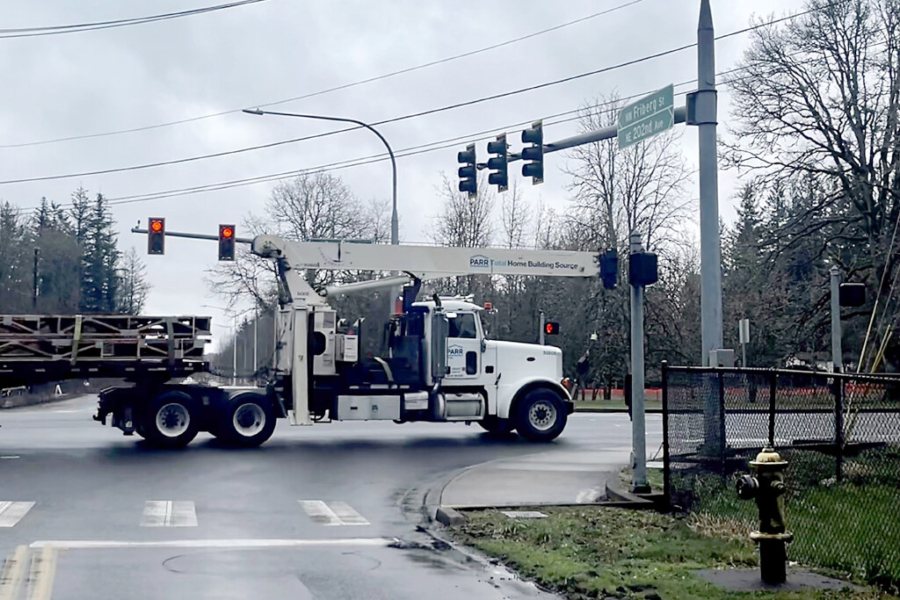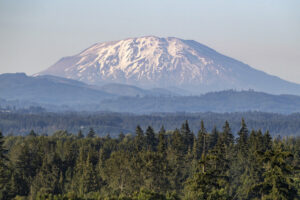A group of Clark County residents suing the city of Camas over a proposed gas station development near Union High School will soon have their day in court.
Clark County Superior Court Judge Camara Banfield is scheduled to preside over a hearing on the land-use lawsuit July 15.
City planners and a Camas hearings examiner have already approved plans to build a gas station, convenience store and car wash at the corner of Northeast 13th and Northwest Friberg-Strunk streets, about a half-mile from Union High School.
Neighborhood opponents are asking the city to reverse its approval. They worry that the project could contaminate the area’s watershed and nearby water wells, increase traffic, and endanger drivers, pedestrians and others traveling through the area.
‘We feel so blindsided’
Karin and Randy Nosrati have lived in their quiet Clark County neighborhood on the edge of the city of Camas for more than 20 years. They raised their children there and considered themselves a part of the Camas community.




